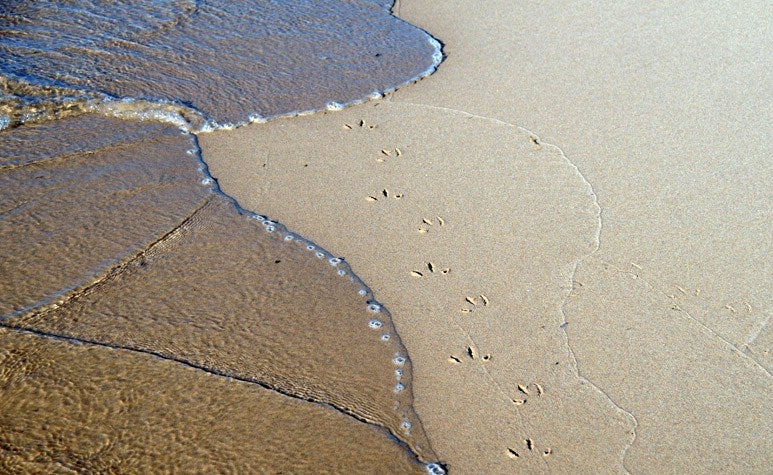Invitation to Cross-Pollinate
Gertrude Stein’s Tender Buttons is sometimes described as a work of “verbal cubism.” Wrote Marcel Proust in a letter: “For several years, Beethoven’s late quartets and Franck’s music have been my primary spiritual nourishment.” You probably know that Karl Ove Knausgård wrote a music column when he was sixteen (covered: Simple Minds, Talking Heads, David Bowie, and Eric Clapton). And you?
Invitation to Cross-Pollinate Read More »
Gertrude Stein’s Tender Buttons is sometimes described as a work of “verbal cubism.” Wrote Marcel Proust in a letter: “For several years, Beethoven’s late quartets and Franck’s music have been my primary spiritual nourishment.” You probably know that Karl Ove Knausgård wrote a music column when he was sixteen (covered: Simple Minds, Talking Heads, David Bowie, and Eric Clapton). And you?








